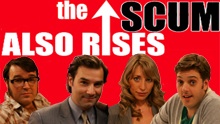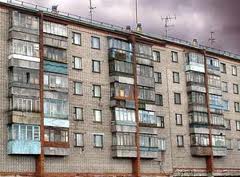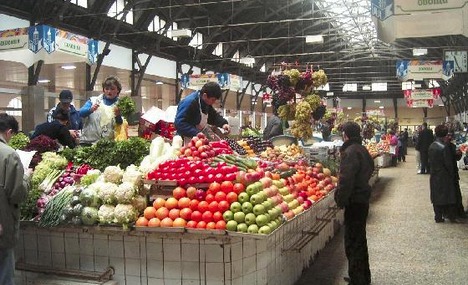Broken Windows Fallacy
 Saturday, September 3, 2011 at 6:00AM
Saturday, September 3, 2011 at 6:00AM  Modern Economic theory is based on a well-known fallacy, the broken window fallacy. Here is how its originator Frédéric Bastiat in his 1850 essay Ce qu'on voit et ce qu'on ne voit pas (That Which Is Seen and That Which Is Unseen) describes it:
Modern Economic theory is based on a well-known fallacy, the broken window fallacy. Here is how its originator Frédéric Bastiat in his 1850 essay Ce qu'on voit et ce qu'on ne voit pas (That Which Is Seen and That Which Is Unseen) describes it:
Suppose it cost six francs to repair the damage, and you say that the accident brings six francs to the glazier's trade—that it encourages that trade to the amount of six francs—I grant it; I have not a word to say against it; you reason justly. The glazier comes, performs his task, receives his six francs, rubs his hands, and, in his heart, blesses the careless child. All this is that which is seen.
But if, on the other hand, you come to the conclusion, as is too often the case, that it is a good thing to break windows, that it causes money to circulate, and that the encouragement of industry in general will be the result of it, you will oblige me to call out, "Stop there! Your theory is confined to that which is seen; it takes no account of that which is not seen."
It is not seen that as our shopkeeper has spent six francs upon one thing, he cannot spend them upon another. It is not seen that if he had not had a window to replace, he would, perhaps, have replaced his old shoes, or added another book to his library. In short, he would have employed his six francs in some way, which this accident has prevented.
In other words chaos and loss looks good, if you ignore the “opportunity cost.” This is common in a lot of the defense expense around the military. We must build the F-22 fighter to defeat the Soviet menace, never mind that there is no Soviet menace, never mind that there are alternatives that are cheaper. This increases our defense costs. It is the jobs that the F-22 brings that trumps everything. But if the money for the fighter was not taxed from taxpayers they would have money to spend on other things. That would produce more jobs than the fighter production would.
It actually does not matter if there is actually a threat. It is good to waste money to prepare for space aliens! Then all our problems would be solved! Sometimes you cannot make this stuff up.
Yes, you too can prepare for the next alien invasion or the next zombie apocalypse, and at the same time end our economic crises. Yes, according to modern economic theory you are ahead if you hire one person to dig a hole, and hire another to fill it in! Jobs! Jobs! Jobs! What is ignored is what the money would have done if it remained in the private sector: Production that would produce jobs that last. I think that Snoop Dog needs a Nobel Prize for his contribution to music in his video, "I Want To Make You Sweat." That makes about as much sense as Krugman and Obama's prizes.
I bet you did not know that taxing people to produce welfare benefits will magically produce more jobs than the tax removes. It is magical!
I have no objection to this spending, I would say that it is a necessary part of our society, but this is a COST for the society, not an asset.
Is it any wonder that we are in a crisis with a genius like this advising Obama?
Maybe Gary Oldman has a future in the Obama administration.
 Economics
Economics 







